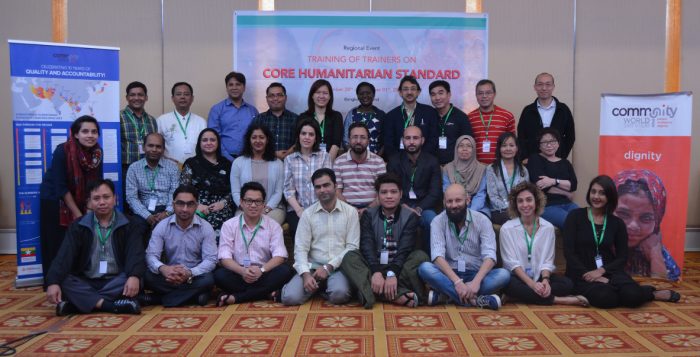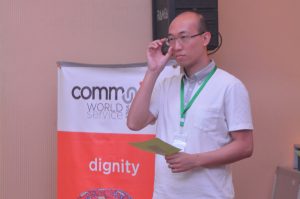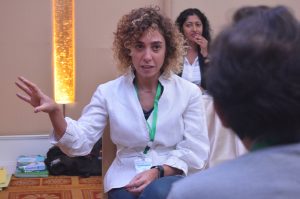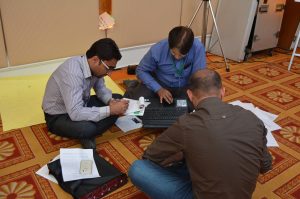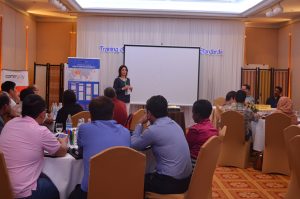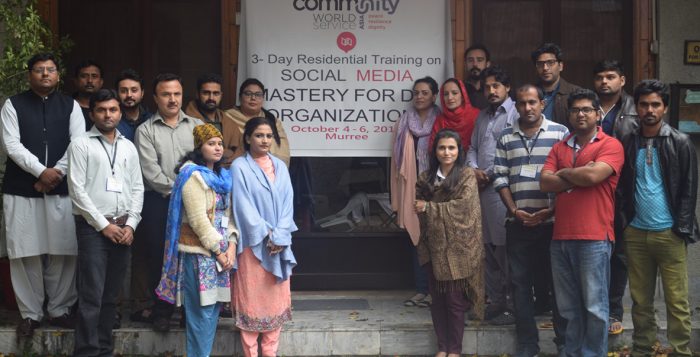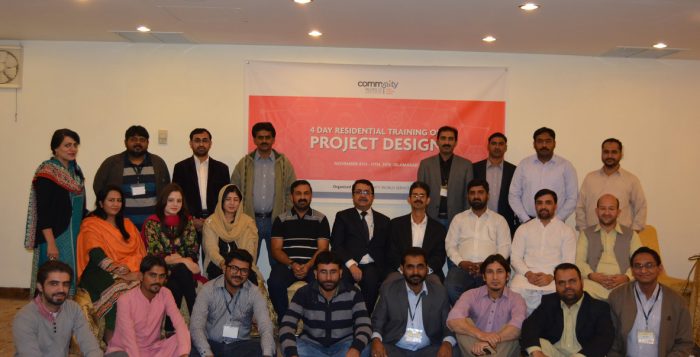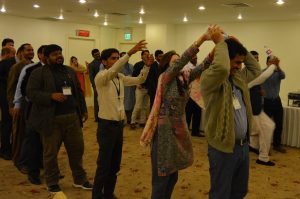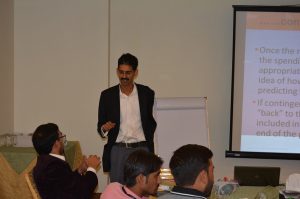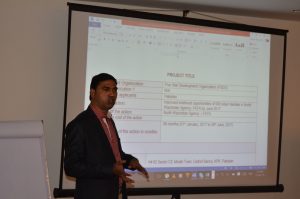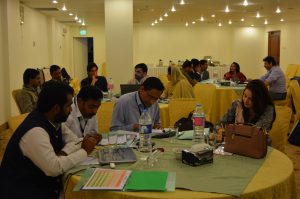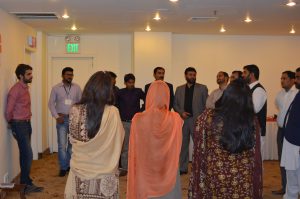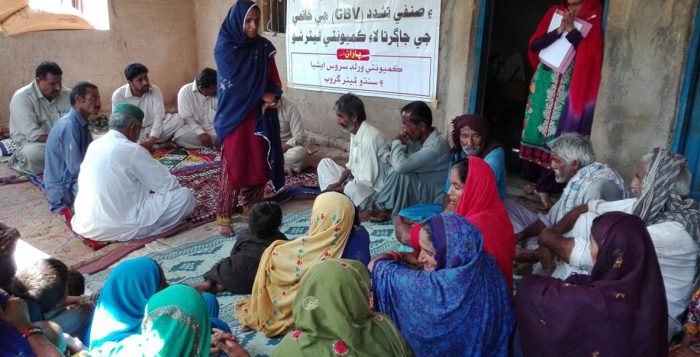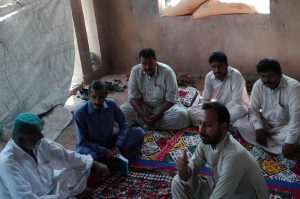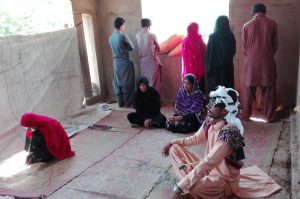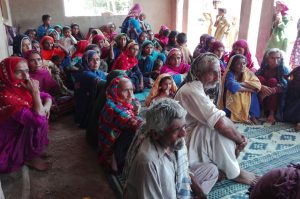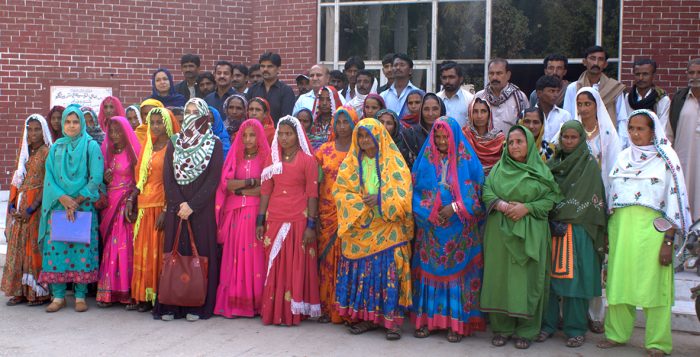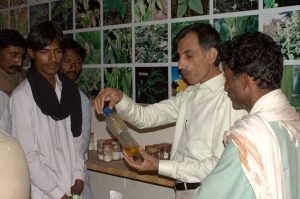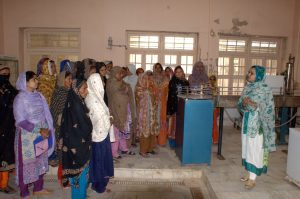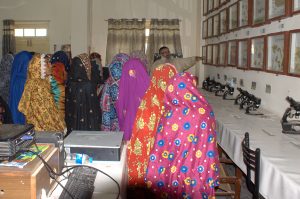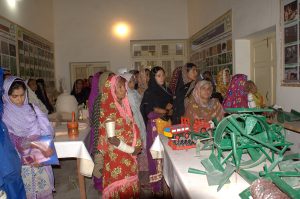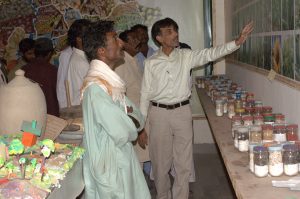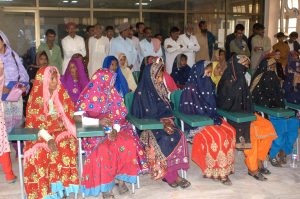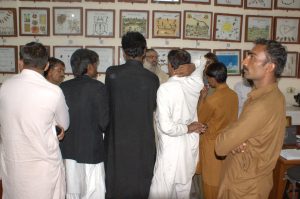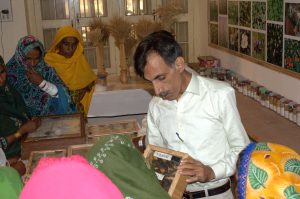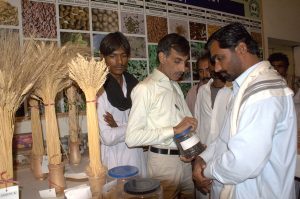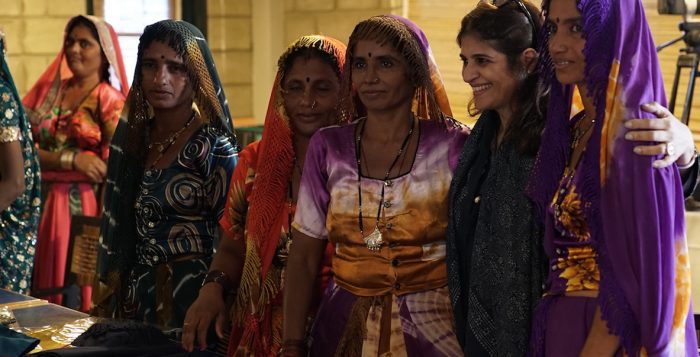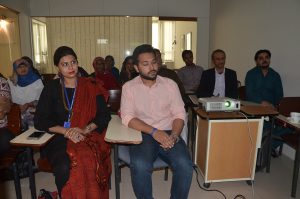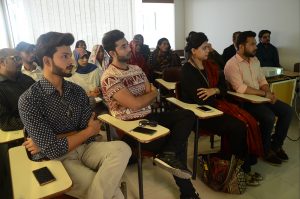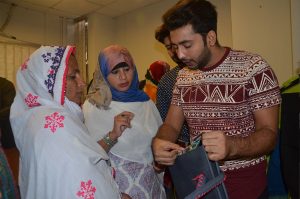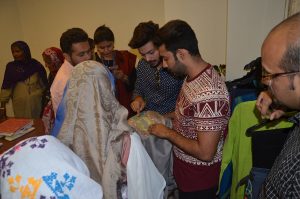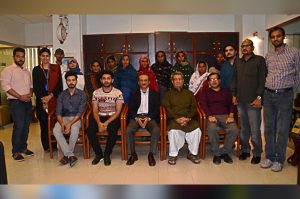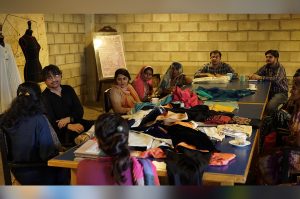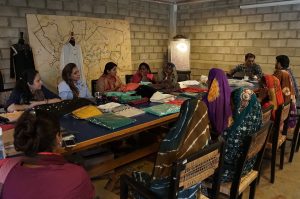The Training of Trainers (ToT) on the Core Humanitarian Standard (CHS) was conducted in Bangkok, Thailand, from the 28th of November to 1st of December, 2016 by Community World Service Asia.
The ToT was lead by Trainer Uma Narayanan (independent consultant), and co-facilitated by Rizwan Iqbal representing Community World Service Asia. Guest speakers, Jeremy Wellard, Regional Representative Asia, International Council of Voluntary Agencies (ICVA), and Anoop Sukumaran, Regional Representative of Act Alliance both introduced the role and focus areas of their respective networks to the participants during the opening session of the four day ToT.A total of 24 trainers including 17 men and 8 women from 11 countries and 15 different organizations actively participated in the training.
stated Jeremy while also highlighting the adherence to CHS as key to achieving getting closer to “people at the centre”,in a global process such as the UN’s World Humanitarian Summit.“Civil society space in Asia is greatly reduced these days. And so again we need to come back to these same opinions of being able to absolutely justify the work that we do, to ensure that we can communicate about it in the right terms, to ensure that the level of work that we do is understood to be in the best interests of the people, for the people, and with people at the centre. And that is the core of the CHS, the core of the way people talk about their work these days,
In his keynote speech at the opening session, Anoop Sukumaran, Regional Representative, Asia and the Pacific, ACT Alliance, rightly questioned,
“Why are we talking about accountability? Why are we talking about setting standards? Why is it important to ACT? It comes down to the basic aspect of what gives us credibility, what gives us legitimacy to say we are providing humanitarian response and what is the basis on which we are doing that. And the question basically is, Accountability to whom? It’s not just the accountability of the money you get but most importantly the people you serve, and you are not serving them from the outside, you have to be part and parcel of understanding that the services that you provide that you are with the community. It is not an act of charity you are doing; it is the right of people to have support and help. And that is one of the elements of you being accountable to the people you serve.”
On the first day of the training, definitions of humanitarian principles of humanity, impartiality, independence and neutrality, their importance, and how they can be applied, with the help of dilemmas faced in the application of the principles were explicated. Participants identified best practice strategies for applying the principles, along with key element of relevant and appropriate response based on real needs. Each day was opened with a session planned and led by pairs of participants, where they reviewed and reflected on the previous day’s learning, by involving all participants in exciting Q&A sessions or exercises.
Followed by the participant led review on the second day, a “Workshop within a workshop” approach was taken by the facilitators to discuss the stakeholders of the international relief system in greater depth and detail.
were explicated by Subhashi Roy from Lutheran World Relief India, Youmeng Chiv Danish Church Aid Cambodia, Uma Narayanan, and Rizwan Iqbal were held, in which the teams strategized different approaches for joint CRM. At day end, participants anonymously shared challenges and offered solutions on coordination and collaboration among the various stakeholders involved in humanitarian action.A participant led session was also conducted on Commitment 5 of the Core Humanitarian Standard on Quality and Accountability, where the participants were divided up into groups of six, where topics like Complaint Response Mechanism
The focus of the third day was on building the skill of participants as trainers, rather than the technicalities of CHS. Participants learnt new methods of how to assess their learning style and motivation methods for different audiences by defining their own learning tendencies through an interactive session. Quick relay rounds were conducted by three teams of eight; they participated in a fun competition, where they listed different creative methodologies of training; such as power walk, fish bowl, storytelling, and world cafe. They also learnt about teamwork, and its importance, where participants came up with innovative ideas to get tasks done collectively in the most efficient and effective manner.Uma Narayanan led a session on different learning styles of trainers through the KIDA model on Day 3: a Japanese theory that provides one or a combination of tendencies in individuals, such as being activists, reflectors, theorists or pragmatists.
The last day focused entirely on eight different sessions of 40 minutes, planned and prepared by participants on eight selected, different CHS commitments. At the end of each four minutes session, which was guided by Uma and Rizwan, a conclusive and constructive discussion on what could have been done better, and what was executed perfectly was also shared. This was a healthy strategy to receive both positive and negative feedback on the methodology from each other, and helped in contributing diverse views by people from different backgrounds and cultures. Zainab Qaiser, representing the Provincial Disaster Management Authority (PDMA), KPK in Pakistan,
shared a case study on how inappropriate service provision can lead to sexual exploitation of women. She recommended proper planning, setting of an effective security mechanism and implementation of a thought out exit strategy to ensure the execution of Commitment 3 of the CHS .
The training particularly helped in highlighting the importance of Quality and Accountability in humanitarian and development work.
The ToT came to an end with a closing ceremony, where each participant was awarded a certificate of participation, along with some souvenirs. Everyone shared their key learning’s that they took from the ToT over the past few days, and also highlighted their new-found motivation to inspire and lead in their respective organizations and countries to expand the impact of and influence of CHS.All member organizations of ACT are bound to follow the ACT Quality and Accountability Framework (QAF), which underpins certain international mandatory standards, CHS being one of them. ACT member organizations, including Community World Service Asia, hold positions in the CHS board to ensure widespread compliance of this Q&A standard. It is therefore, a proud achievement to highlight that four ACT member organizations, Danish Church Aid, Lutheran World Relief, Norwegian Church Aid and Lutheran World Federation, have taken a leap in ensuring their commitment to the CHS as they participated in this four day ToT.





